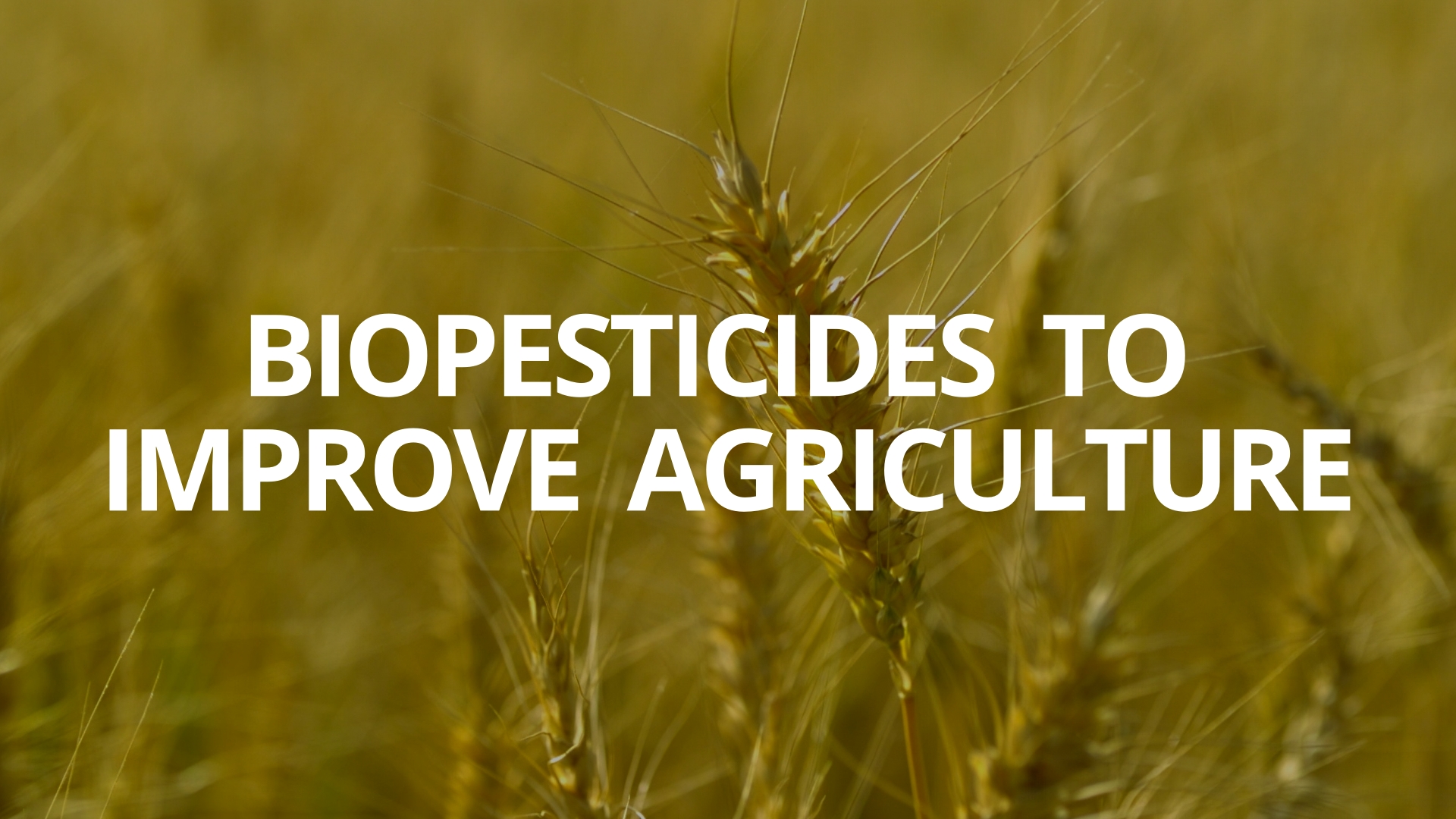|
Getting your Trinity Audio player ready...
|
The International Centre for Genetic Engineering and Biotechnology (ICGEB) is offering a course on “Harmonising regulatory requirements for registration of biopesticides and biocontrol agents in Africa: From principles to practice” which will take place in Cape Town, South Africa, from 27 to 29 February 2024.
The Scientific Organiser is Dr. Dennis Obonyo Ndolo from ICGEB Cape Town, South Africa. The Meeting Contact person for the ICGEB Cape Town Component is reachable by email [email protected]
The deadline for receipt of applications is 10 November 2023 and the call for applications is now open.
Applicants must register on the ICGEB Service Gateway (ISG) to obtain access to the online submission platform
Data entered for registration to the ISG portal (name, surname, gender, date of birth, nationality and E-mail address) will automatically be included in the applicant’s request to attend the event – “Personal data” section – and will not be editable
For any problems with ISG access, please contact the ICGEB IT support service at [email protected]
Over the years, harmonised regional guidelines (some still in draft form) for the registration of biopesticides and biological control agents have been formulated by various Regional Economic Communities (RECs), including the East African Community, the Economic Community of West African States, and the Southern African Development Community.
However, countries can fully utilise these guidelines only if they integrate the relevant provisions into their national regulatory processes. This workshop is specifically designed to provide guidance on the crucial process of adapting harmonised regional guidelines for national use. Participants will actively engage in practical exercises, such as simulating the drafting of regulations (based on regional guidelines) and creating action plans for implementing these guidelines at the national level.
Representatives from various countries will contribute by sharing insights into their unique legal and institutional frameworks, explaining the steps involved in legislative review, and highlighting both obstacles and opportunities that may be encountered during the process of domesticating regional guidelines. The key goal of this workshop is to deepen participants’ grasp of the adaptation process, empowering countries to align their regulatory laws more effectively with harmonised regional guidelines. This, in turn, will enhance countries’ ability to proactively engage in regional harmonisation initiatives, effectively aligning their national procedures with regional provisions.
Topics
- Understanding regulatory harmonisation
- Defining regulatory harmonisation and its purpose
- Exploring the rationale behind the need for regulatory harmonisation
- Identifying key success factors for effective harmonisation
- Understanding the regulatory landscape
- The regulatory landscape for biopesticides and biological control agents in Africa
- Addressing challenges, identifying gaps, and capitalising on opportunities in the use of biopesticides and biocontrol agents
- Case studies of regulatory harmonisation
- Genesis and development of regional guidelines in different Regional Economic Communities (RECs)
- Tracing the origin and evolution of regional guidelines
- Highlighting the role of various RECs in shaping guidelines
- Benefits and challenges of regulatory harmonisation
- Exploring the advantages of harmonisation for biopesticides and biocontrol agents
- Discussing challenges and potential solutions
- Prerequisites for translation/adaptation across different countries
- Identifying common factors for successful guideline integration
- Addressing country-specific considerations
- Fundamental principles of legal drafting
- Understanding key legal drafting concepts for harmonisation
- Applying principles to regional biopesticide guidelines
- Essential components of harmonised regional biopesticide guidelines
- Examining key elements required for effective regional guidelines
- Discussing the role of harmonisation in enhancing regulatory consistency
- Sharing insights from country representatives
- Learning from different legal and institutional frameworks
- Exploring steps involved in legislative review and adaptation
- Overcoming obstacles and embracing opportunities in domesticating regional guidelines
- Identifying common hurdles faced during adaptation
- Discussing strategies to leverage opportunities for effective integration
- Workshop exhibition throughout the event
Participants
This workshop is designed to benefit key stakeholders involved in various aspects related to research, development, commercialisation, and use of biopesticides and biological control agents (BCAs). These stakeholders encompass government officials, legal professionals, including legislative drafters and lawyers specialising in agricultural and environmental law, researchers and experts in the field of pest management, as well as individuals and firms specialising in regulatory affairs, policy development, and capacity-building, industry representatives and individuals actively engaged in the process of harmonising and adapting regional guidelines within various Regional Economic Communities.
Applications will be evaluated based on the extent of present or potential engagement in the development of harmonised regional guidelines for registering biopesticides and biological control agents, as well as their translation and adaptation for national implementation. The workshop will also include an exhibition showcasing the latest industry developments, and potential exhibitors are also encouraged to apply.
Applicants who are presently engaged in projects or activities aligned with the workshop’s goals are encouraged to include an abstract (less than 500 words) of their work as part of their application.
The registration fee will be USD 50 for general workshop participants and USD 150 for exhibitors.
Funding
A limited number of grants, which include registration fee waivers, accommodation (twin sharing), and local hospitality for the duration of the course, are available to a selected number of nationals from ICGEB Member States (excluding travel and visa expenses). Additionally, a few partial travel grants will be provided to nationals of ICGEB Member States who are coming from Least Developed Countries (LDCs).






